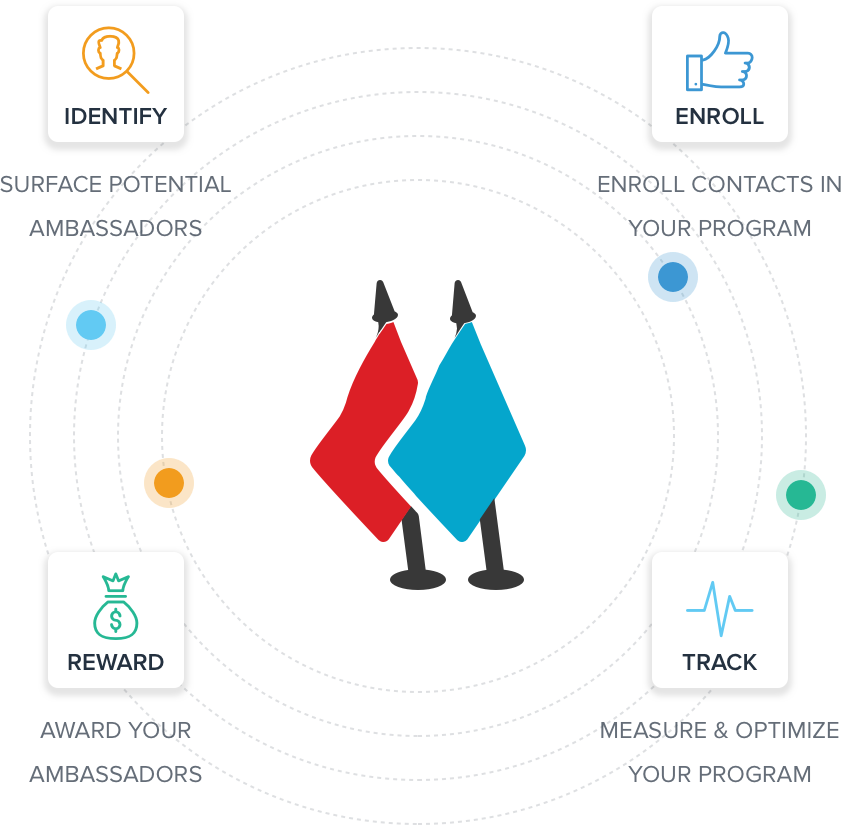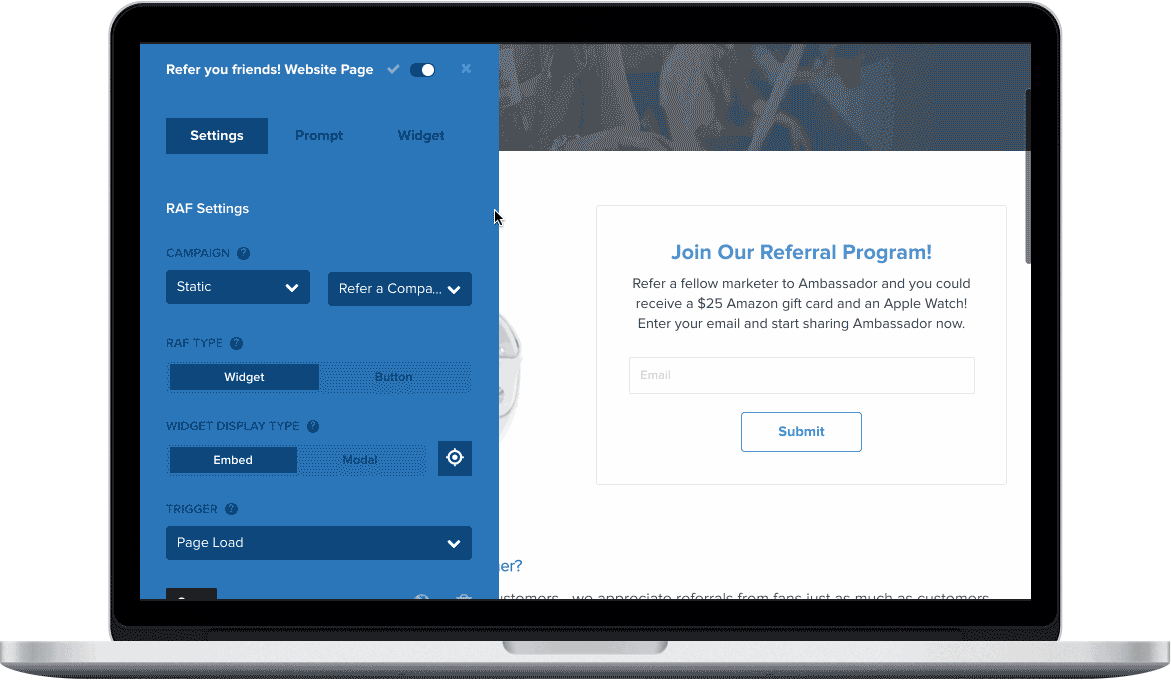It’s not at all difficult to imagine that word-of-mouth is one of the oldest forms of marketing. Long before most people could even write — much less live-tweet an event — farmers and craftsmen were urging their customers to tell friends and family where to find the best olive oil and sturdiest spears. But old doesn’t mean irrelevant. There’s been a renewed interest in referral programs lately, so let’s explore the importance of them in our digital age.
What is Referral Marketing?
According to the Wharton School of Business, today’s referral programs have evolved from old-school word-of-mouth marketing, just as we already suspected. He adds that the idea of referral marketing has been gaining popularity recently because of solid evidence that these programs are very effective and profitable marketing strategies.
Referral marketing simply describes using referral programs to offer current customers incentives to promote a company’s brand, products, and services. The Harvard Business Review studied 10,000 bank accounts to find that referred customers were 18% more likely to stay loyal and projected to generate 16% more in profits compared to customers gained by other channels. In this case, the bank earned 60% in profit on their referral rewards, a great relief to bank management. One interesting question the Harvard study raised was why referred customers are more profitable and loyal than other kinds of customers.
The study concluded that it seemed likely that current customers do a better job of suggesting products and services to their friends — suggestions from current customers were more relevant than marketing automation systems could predict. These customers know the people in their social networks, and they are in the best position to suggest companies that their friends or associates will want to engage with.
Referral software should do more than just extend social media outreach or give companies something to blog about. Done properly, it should instead turn your current customers into brand ambassadors who are willing and even eager to spread the word about the good work that you do. Your satisfied current customers also seem likely to consider which of their friends, coworkers, neighbors, business associates, and family members they choose to refer, giving companies a very targeted source of new leads and customers. By automating this process — which includes automating the reward and incentive system for current customers — marketers can lower overhead costs and free up marketing staff for other campaigns.

Why Isn’t Referral Marketing More Popular?
While the concepts of word-of-mouth marketing and referral marketing are hardly new, companies have yet to develop effective ways to implement, track, or present these programs in the boardroom. As HubSpot has noted, traditional methods of running these programs are difficult to implement and manage — and referral software that doesn’t include automation are difficult to measure. This might make marketers reluctant to develop these programs. When referral campaigns are run, marketers may find it difficult to report upon and justify spend because of poor reporting options.
Get Savvy With Referral Marketing Automation
We know that referral programs work very well, and many of us have found our first love in marketing automation software. Thus, automated referral software automation tools are the solution. Automating the referral marketing process removes much of the complexity, tedium, and guesswork from running campaigns. Using an automated system helps marketers run efficient, measurable, and profitable marketing referral programs. In addition, automated platforms integrate into existing tools for email, analytics, eCommerce, payment, and more.

Word-of-mouth marketing has survived the test of time as a highly effective marketing strategy. Furthermore, referral marketing campaigns have proven their worth in the digital age as profitable ways to attract targeted leads and customers because they turn satisfied customers into evangelical brand ambassadors for a product or service. By automating and integrating the process, these campaigns become easy to run, track, and report upon. Maybe it’s time to consider the ways that referral software automation can improve your ROI.
